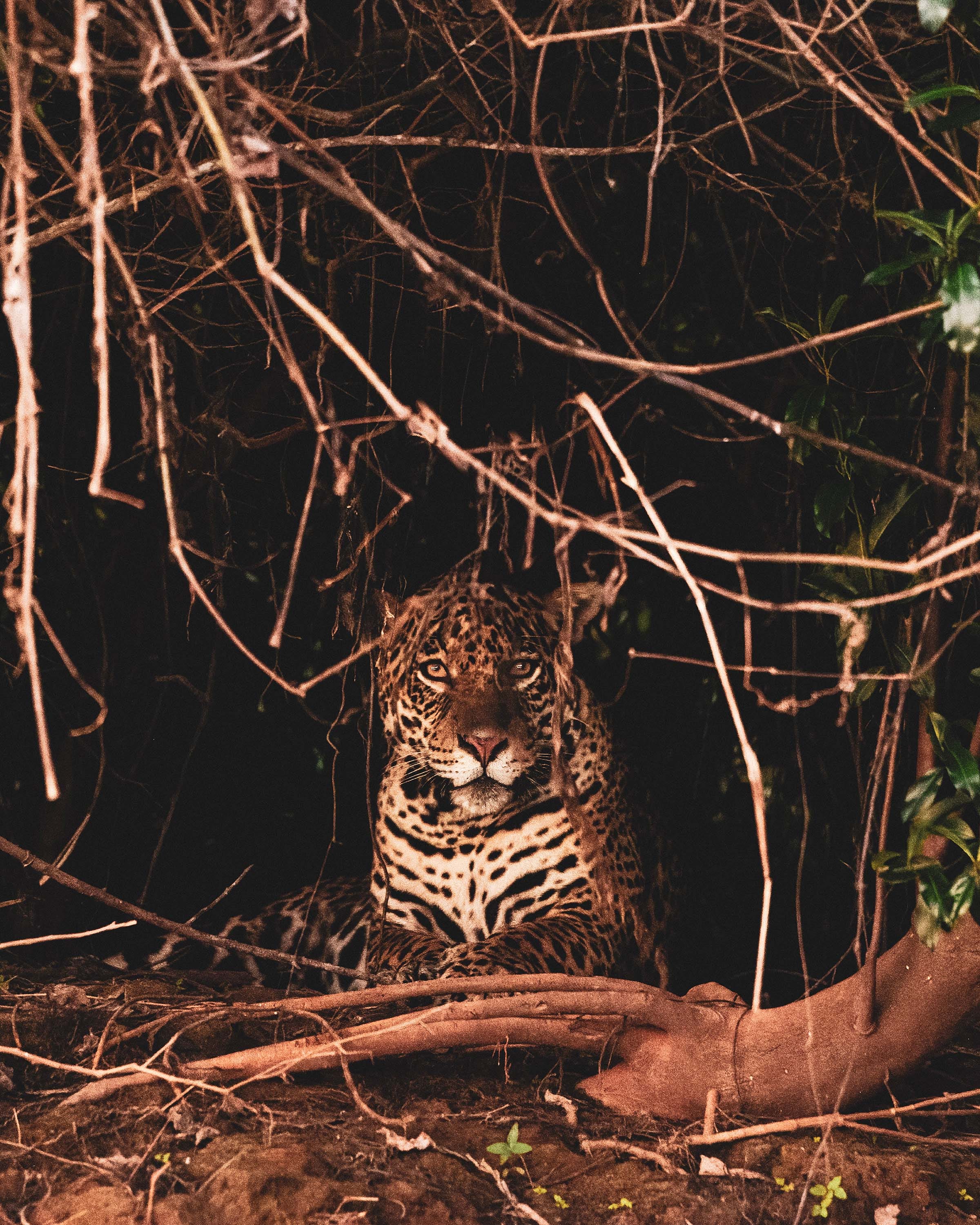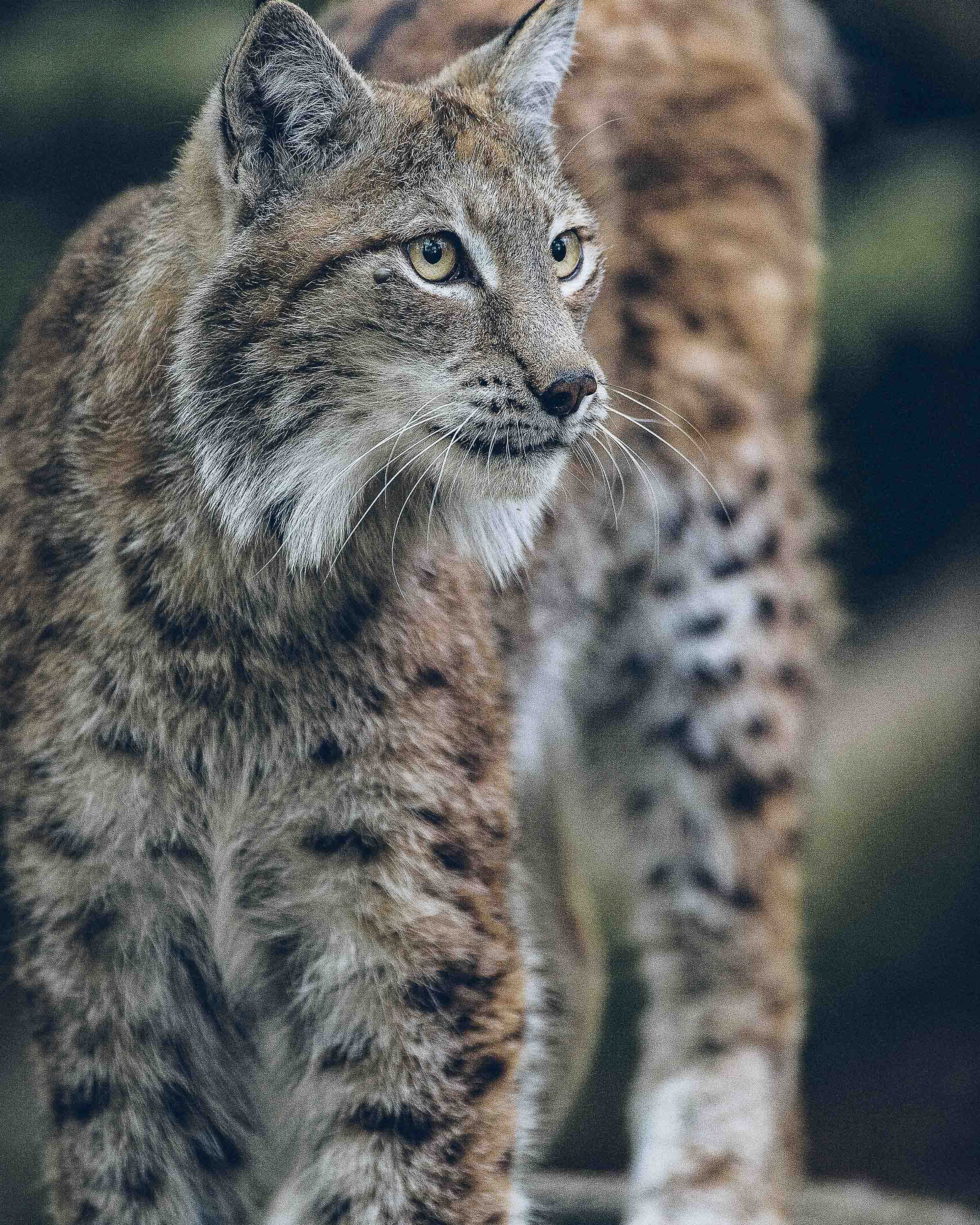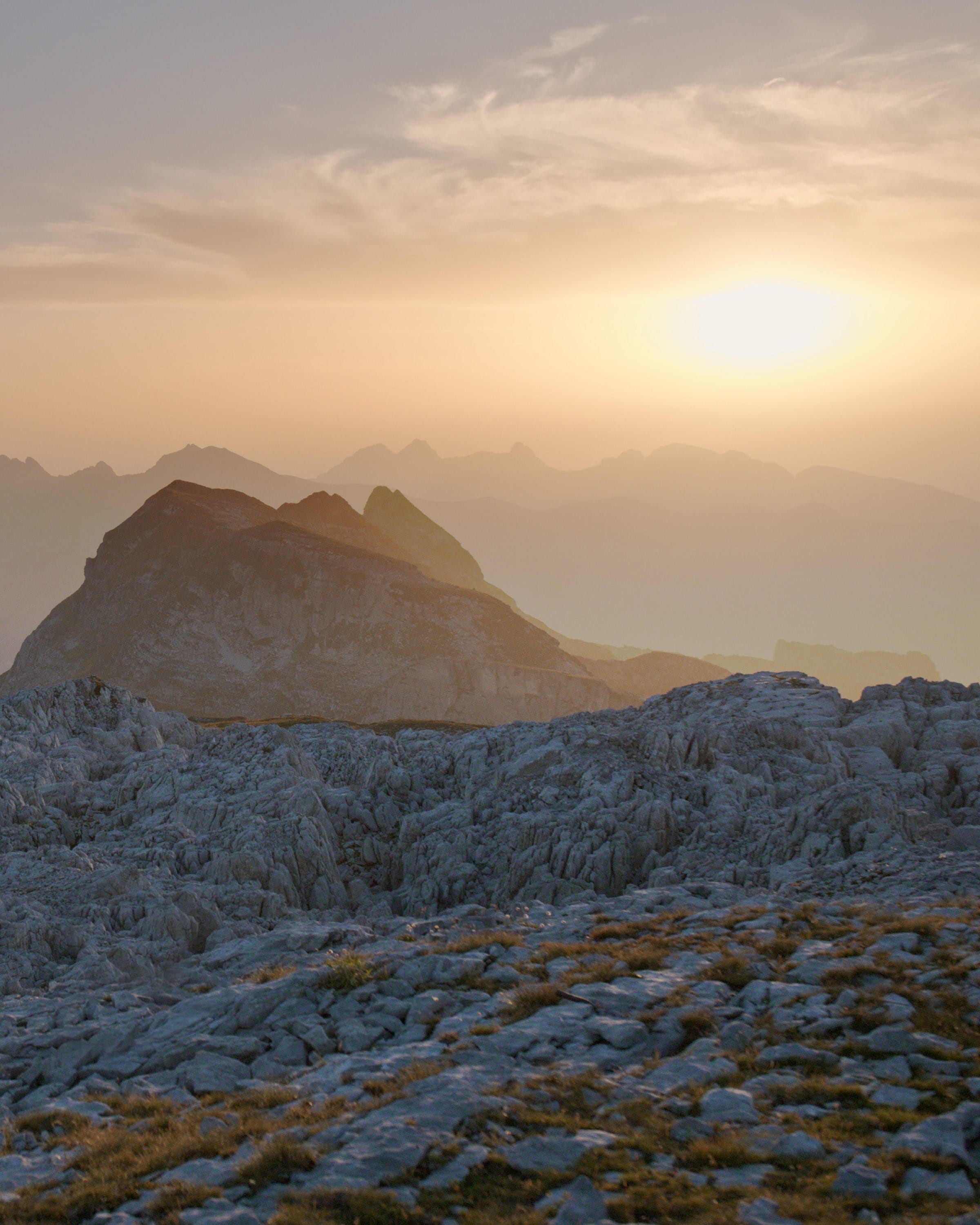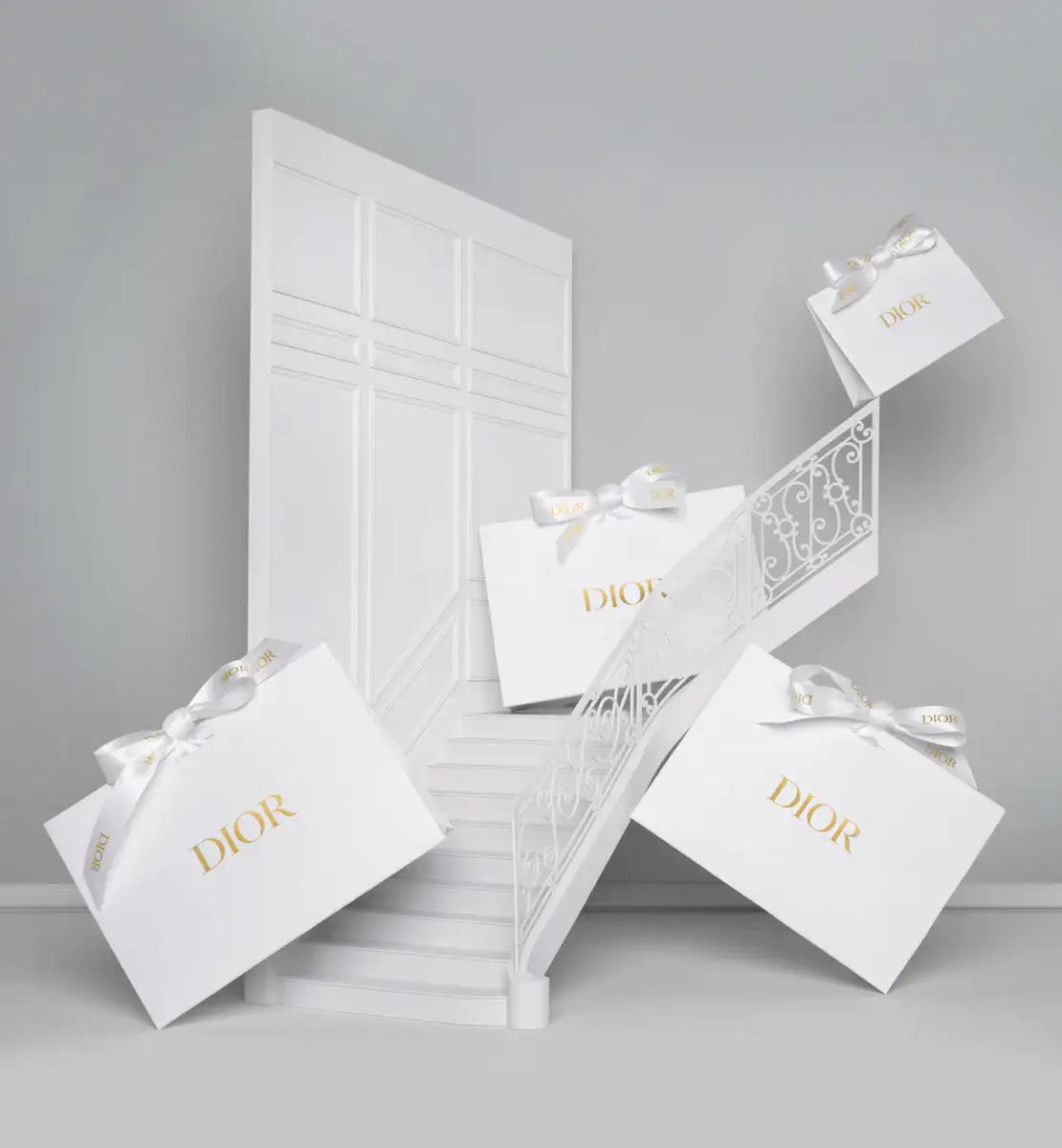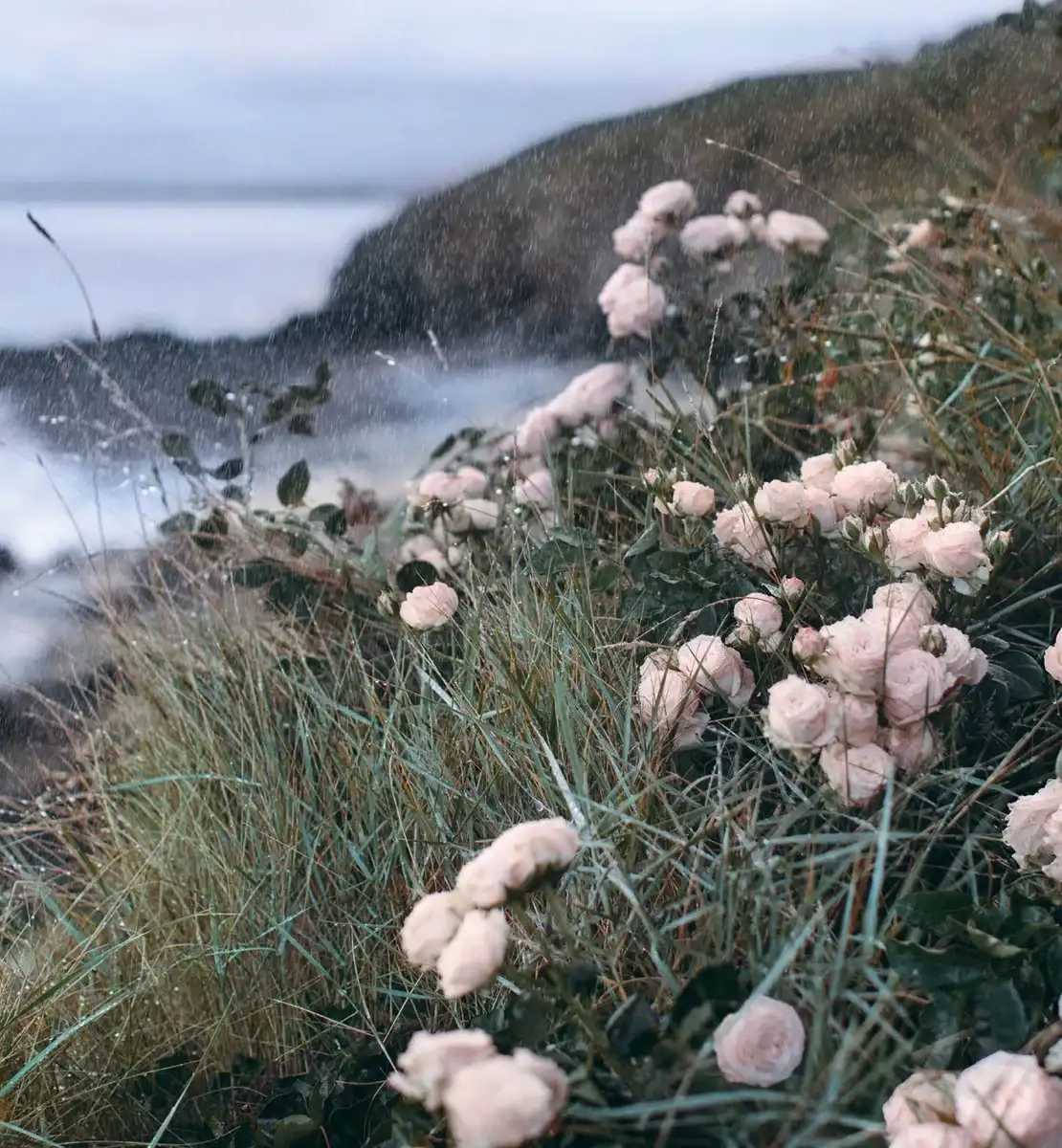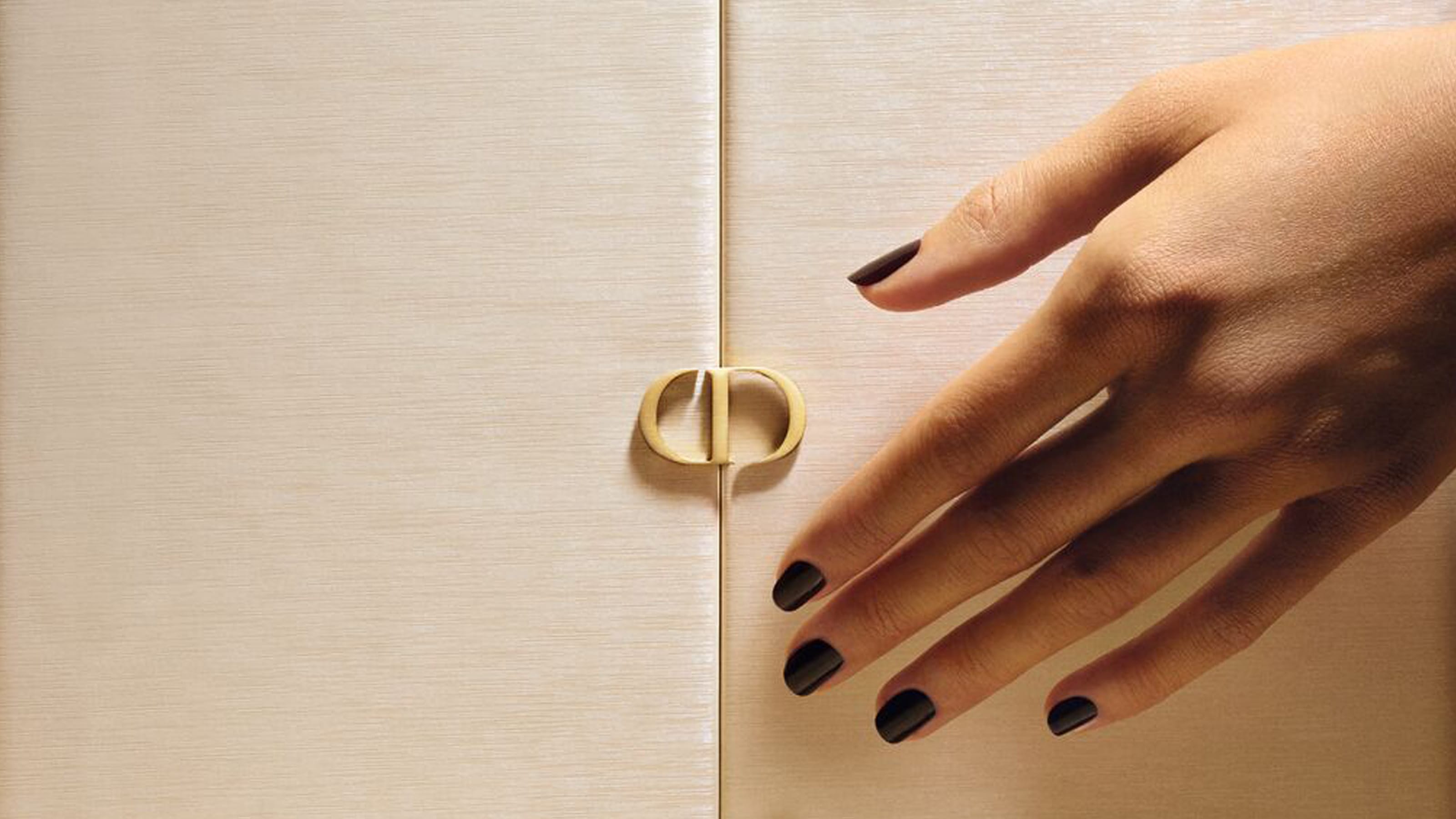

CHristian DIor Parfums & WWF
PARTNERSHIP PER LA RIGENERAZIONE DELLA BIODIVERSITÀ
La Rigenerazione dei Grandi Spazi Aperti
Christian Dior Parfums is now supporting Wide Fund for Nature (WWF) projects to protect and restore wild spaces in France and North America.

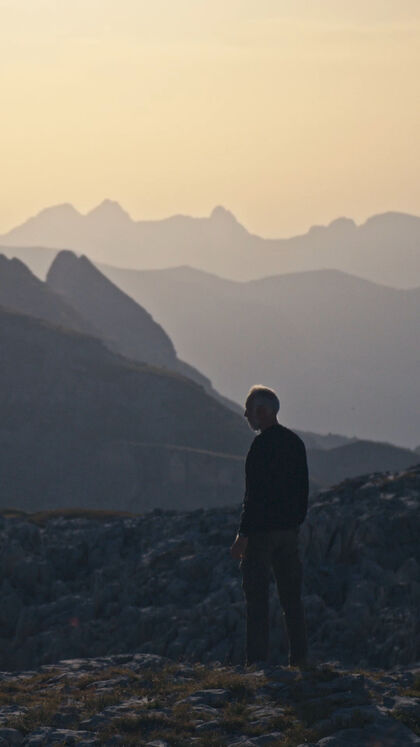
“Preservare i grandi spazi aperti in cui la natura è più o meno intatta è essenziale per la biodiversità.”
Nord America
Christian Dior Parfums will support the conservation and restoration of 15,000 hectares (approximately 37,000 acres) of natural corridors stretching from Mexico to the United States. This will help encourage Jaguars to return, as their population has been destabilised by human activity and threatened with extinction.


Attraverso un viaggio che è anche una sorta di rito iniziatico, partiamo alla ricerca dell’inafferrabile giaguaro al fianco di Wes Larson, biologo della fauna selvatica. Considerato sacro nell’antichità, selvaggio e nobile insieme, il giaguaro è oggi minacciato dalla frammentazione del suo habitat. Nel nostro percorso, scopriamo gli sforzi di WWF Messico per la tutela e la protezione di un animale chiave per l’intero ecosistema. Creando nuovi corridoi e proteggendo quelli esistenti, WWF Messico restituisce ai giaguari il loro vasto territorio, che un tempo si estendeva fino al deserto di Sonora, in Arizona.
Nord Europa
In France, Christian Dior Parfums will support a program to conserve forest habitats in the Jura, Vosges and Vercors regions, and will also contribute to research in these forests on the Eurasian Lynx population, a key indicator of biodiversity.
Accelerating Towards Sustainable Ingredients
Towards a Fertile Footprint
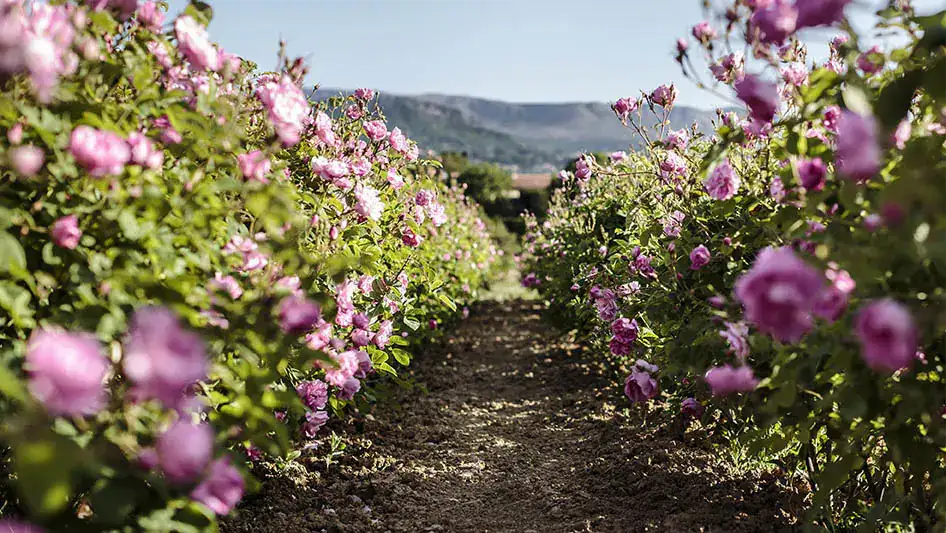
Seeding Transmission and Open Innovation
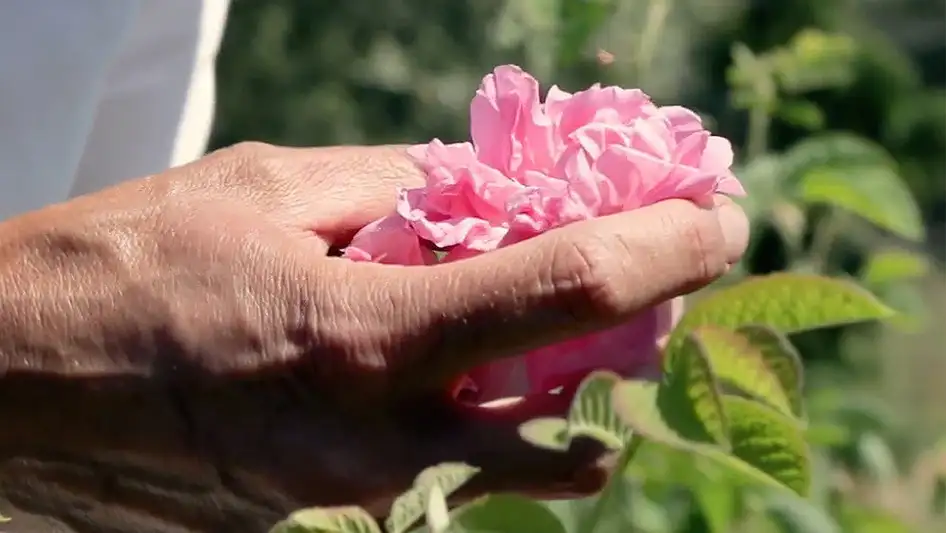
Developing Local Economies
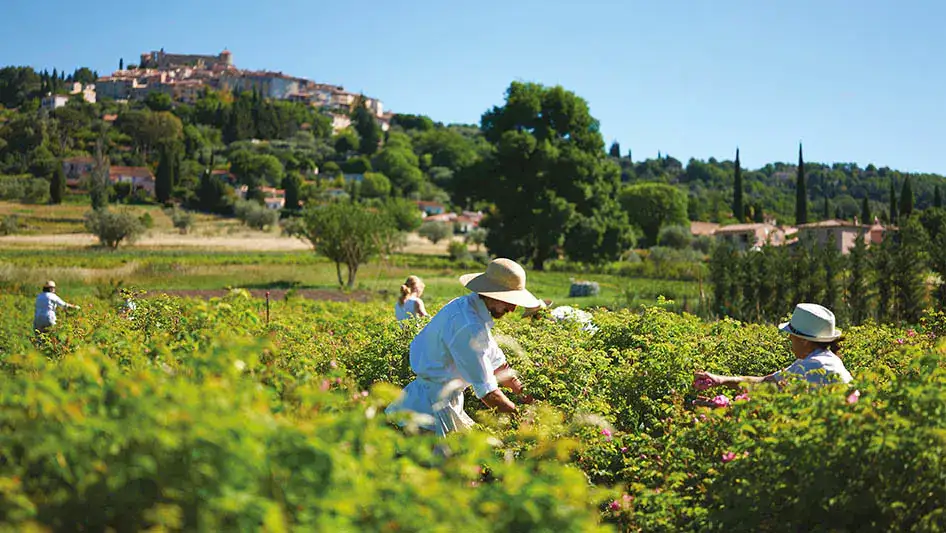
Safety Comes First

Verso Formule Ancor più Rigorose

Verso una Composizione Naturale Sostenibile
Ever More Socially Responsible Sourcing

Blooming Ecodesigned Packaging
Our Commitments
Innovating for Circularity

Renewing the Dior.com Art of Gifting
Raising the bar in Sustainability for Points of Sale
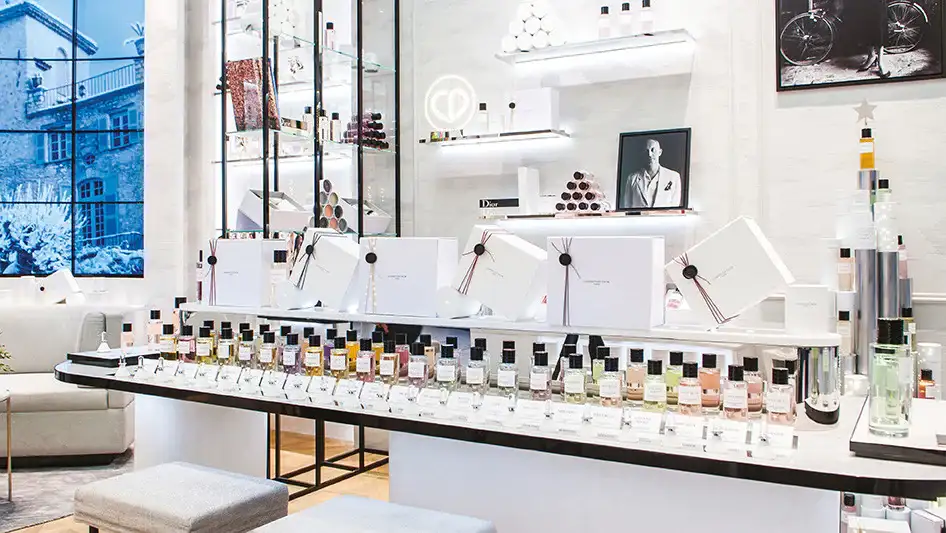
Unquestionable Science-based Reduction Targets
Unquestionable Science-based Reduction Targets
Excellence in Ecodesign
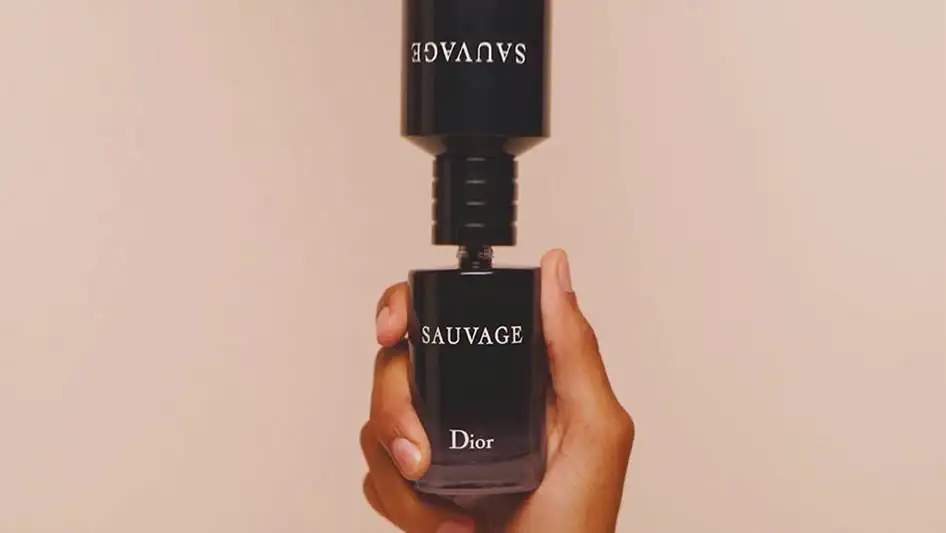
Low-carbon Transportation
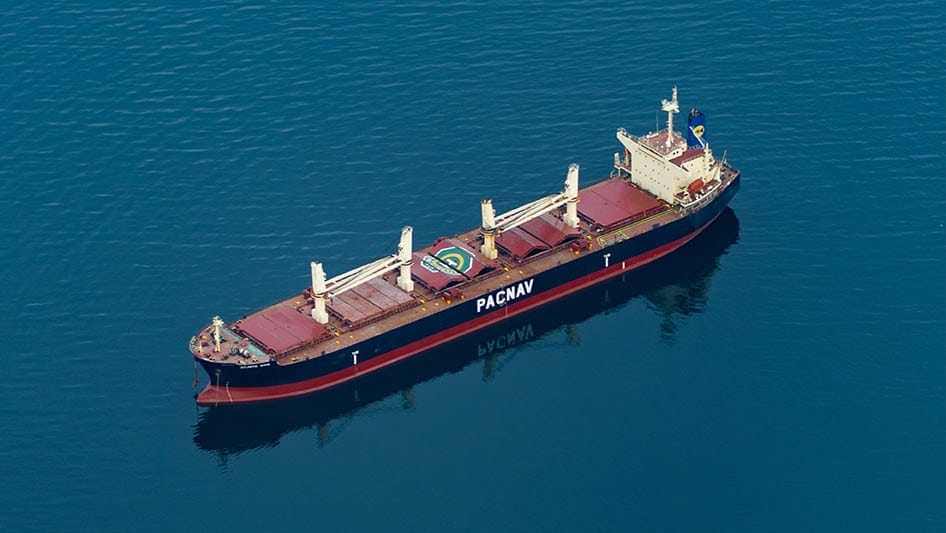
A Low-carbon Energy Transition

Protecting and Restoring Ecosystems






 Diorshow
Diorshow
 Capture Totale
Capture Totale
 Dior Prestige
Dior Prestige
















